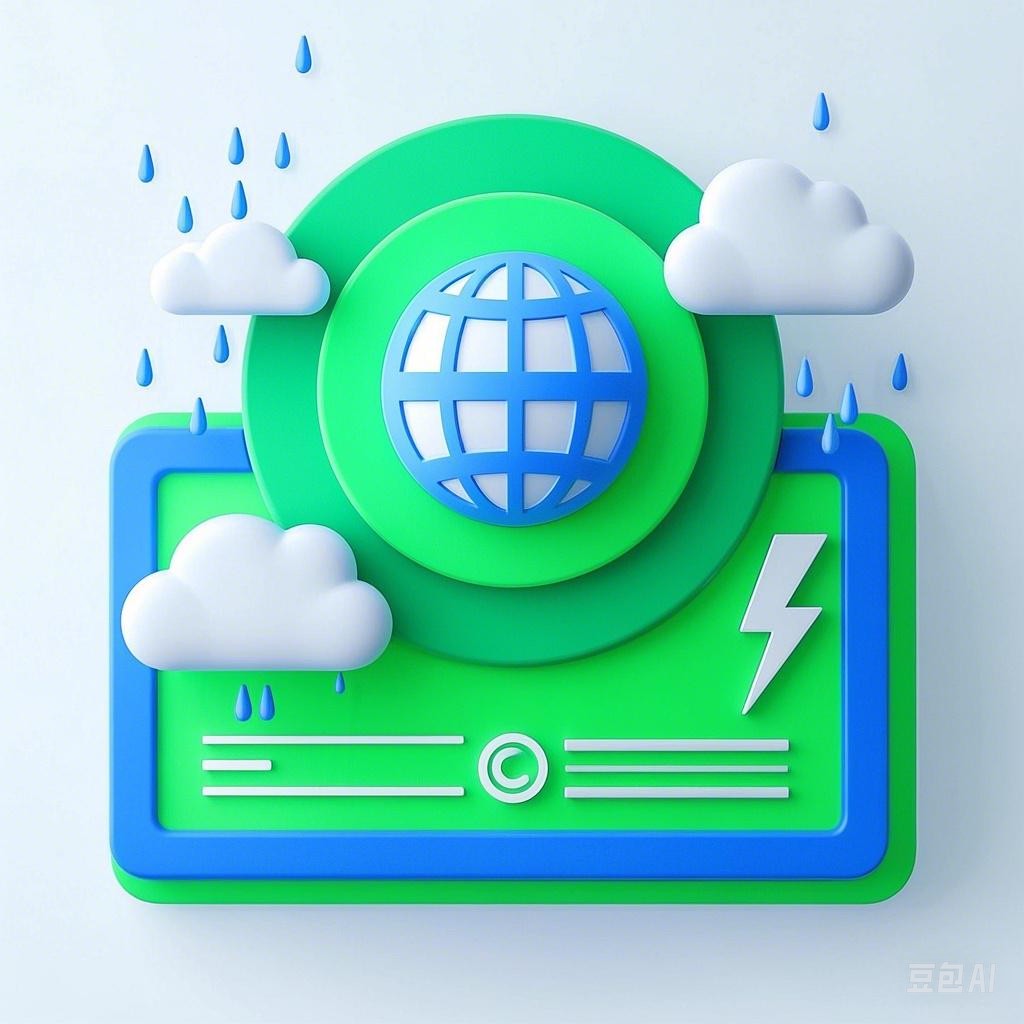Natural disasters, such as hurricanes, earthquakes, floods, and wildfires, have the power to disrupt lives and communities in profound ways. The emotional impact of these events can be just as devastating as the physical damage, leaving survivors with a complex tapestry of emotions to navigate. This article explores the various emotional responses to natural disasters, the psychological effects they can have, and strategies for coping and healing.
Emotional Responses to Natural Disasters
Immediate Emotional Reactions
The immediate aftermath of a natural disaster is often marked by a surge of intense emotions. These can include:
- Fear and Panic: The suddenness and unpredictability of natural disasters can lead to a primal fear for survival.
- Shock and Denial: It’s common for survivors to experience a state of shock, where they struggle to accept the reality of the disaster.
- Grief and Loss: The loss of loved ones, homes, and possessions can trigger deep grief and a sense of loss.
Long-Term Emotional Effects
The emotional impact of a natural disaster can persist long after the event has passed. Some common long-term emotional responses include:
- Trauma and Post-Traumatic Stress Disorder (PTSD): Survivors may develop PTSD, characterized by flashbacks, nightmares, and severe anxiety.
- Depression: The overwhelming sense of loss and the challenges of rebuilding can lead to depression.
- Anxiety: The fear of future disasters and the uncertainty of the future can cause anxiety.
Psychological Effects
The psychological effects of natural disasters are multifaceted and can manifest in various ways:
- Disrupted Sleep Patterns: Many survivors experience insomnia or excessive sleeping due to stress and anxiety.
- Changes in Eating Habits: Stress can lead to changes in appetite, resulting in either overeating or loss of appetite.
- Increased Risk of Substance Abuse: Some individuals may turn to alcohol or drugs as a means of coping with their emotions.
Coping and Healing Strategies
Survivors of natural disasters can take several steps to cope with and heal from their emotional trauma:
Seeking Support
- Professional Help: Therapy and counseling can provide survivors with the tools they need to deal with their emotions.
- Support Groups: Joining a support group can offer a sense of community and understanding among those who have experienced similar traumas.
Building Resilience
- Rebuilding: Engaging in the process of rebuilding can provide a sense of purpose and control.
- Mindfulness and Meditation: These practices can help manage stress and improve emotional well-being.
Taking Care of Physical Health
- Regular Exercise: Physical activity can help reduce stress and improve mood.
- Balanced Diet: Eating a healthy diet can contribute to overall well-being.
Case Studies
To illustrate the emotional impact of natural disasters, consider the following case studies:
Hurricane Katrina (2005)
Hurricane Katrina, which struck the Gulf Coast of the United States, resulted in the deaths of over 1,800 people and caused over $125 billion in damage. Survivors experienced a range of emotions, from fear and panic to grief and despair. Many also developed PTSD, which required extensive therapy and support.
The 2011 Tōhoku Earthquake and Tsunami
The Tōhoku earthquake and tsunami in Japan caused over 15,000 deaths and left hundreds of thousands displaced. The emotional impact was profound, with survivors experiencing long-term psychological effects, including PTSD and depression.
Conclusion
Natural disasters have a profound emotional impact on individuals and communities. Understanding the emotional responses to these events and implementing effective coping strategies is crucial for survivors’ well-being. By seeking support, building resilience, and taking care of their physical health, survivors can navigate the emotional storm and begin the process of healing.
